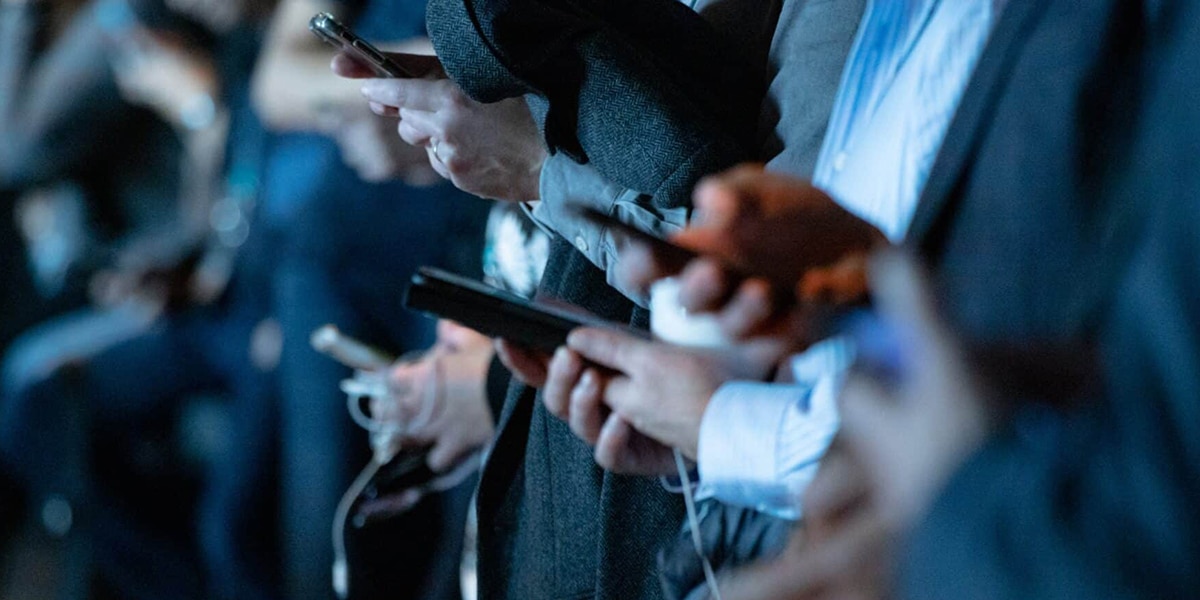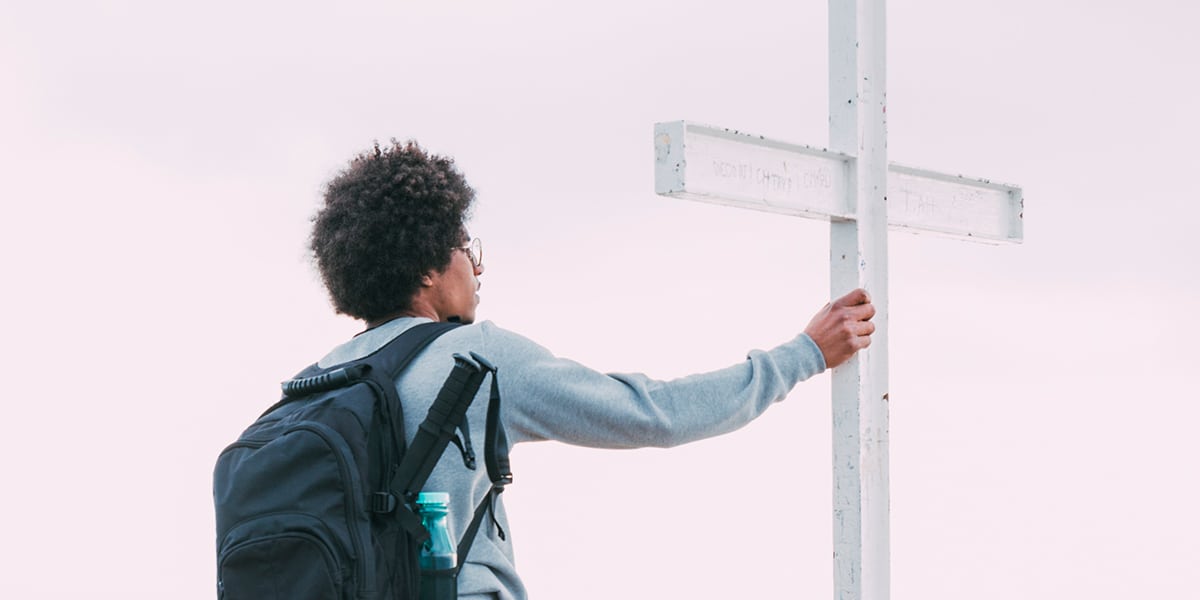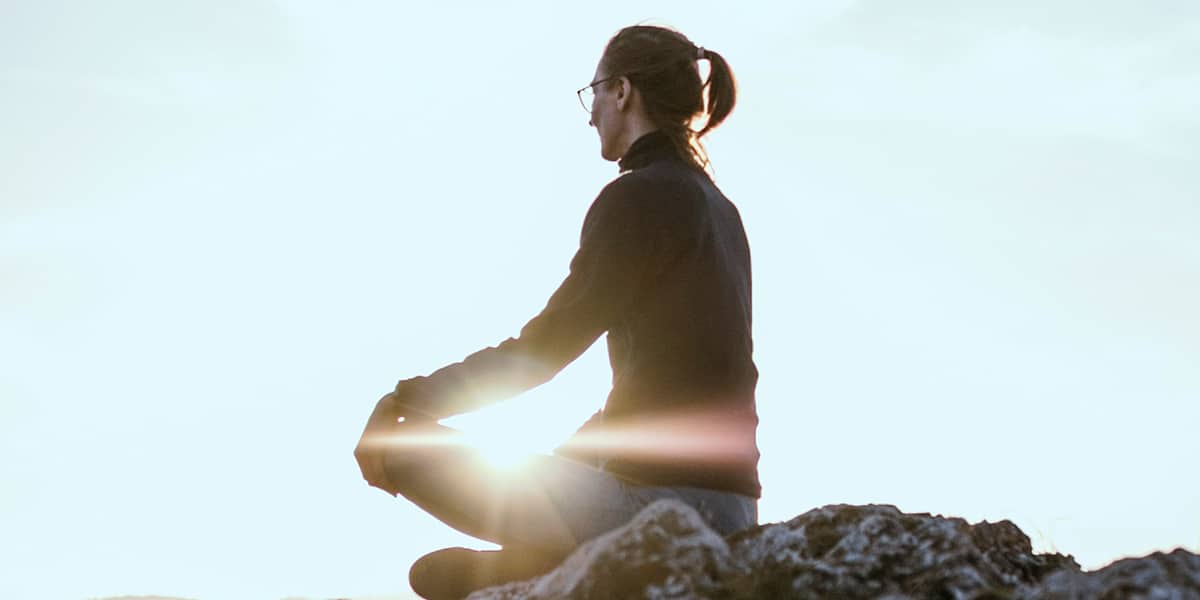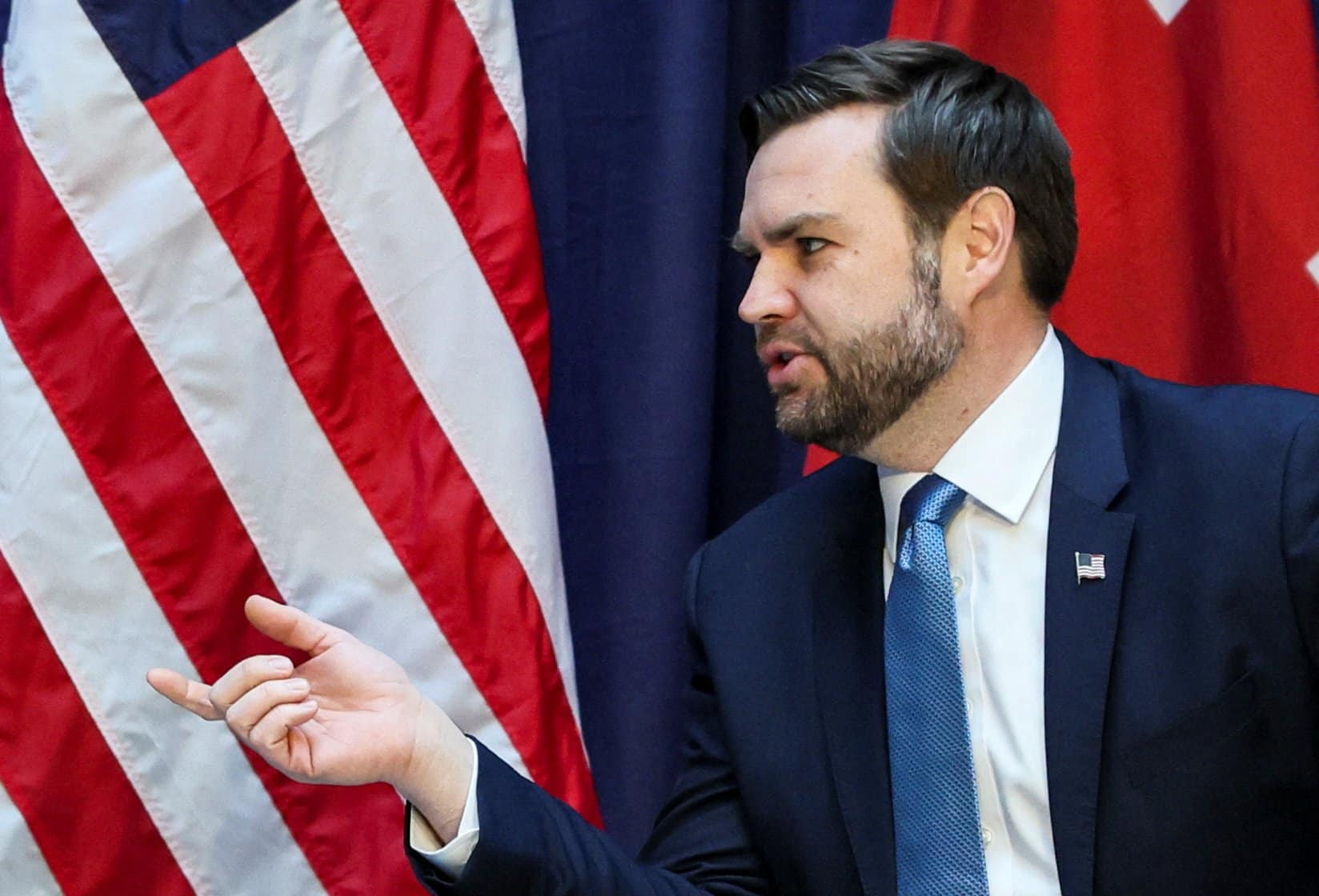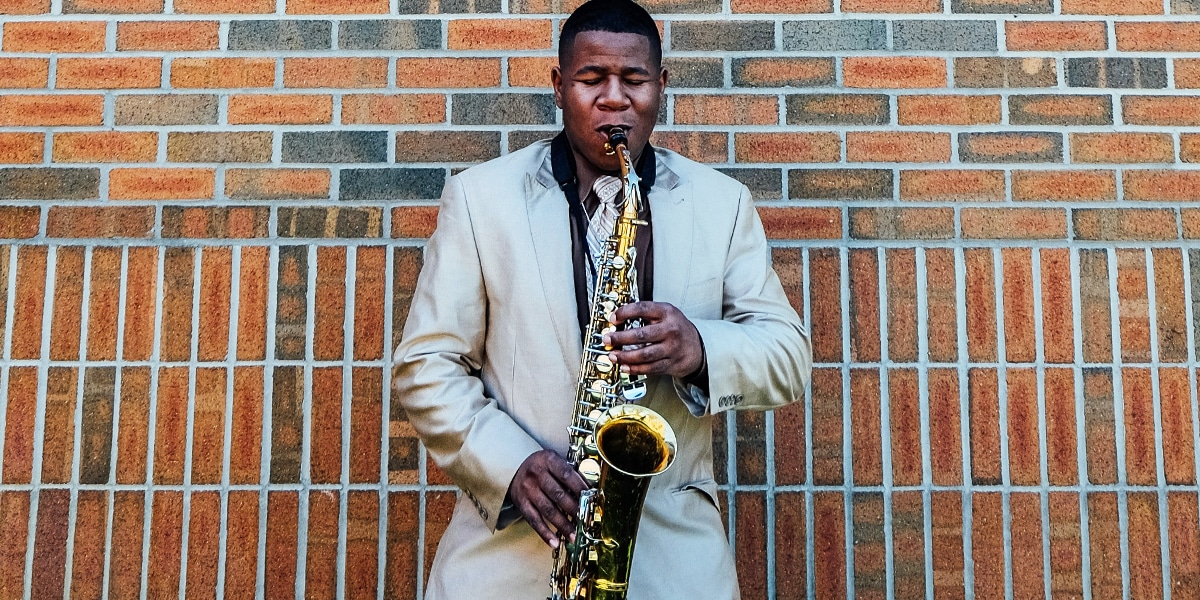A friend of mine posted this comment online recently: “People have used Facebook to overthrow evil dictators and other amazing accomplishments. Meanwhile, I just learned that a woman I know from high school likes her new pedicure.”
That is social media in a nutshell. It can rouse political change just as easily as it can broadcast patently ridiculous information. But the power of sites such as Facebook cannot be denied, and they aren’t going away.
There’s the good: Facebook has made establishing or strengthening ties with family and friends easier.
There’s the bad: Facebook, essentially, owns you. According to the Terms of Use (section 2.1), the Web site has “non-exclusive, transferable, sub-licensable, royalty-free, worldwide license to use any content that you post.” Once you infuse your account with data, your identity is less your own.
And the ugly: Cyberbullying has found a powerful platform in social media. According to a 2010 report from the Pew Internet Project, 32 percent of teens have suffered online harassment from peers. And those numbers continue to rise.
Handle with Care
Nowhere was social media used as an advocate for humanity more effectively than when Egyptian-born Wael Ghonim, a web activist and Google employee, organized the 2011 protest in Cairo by reaching out to the city’s youth through Facebook. Deafened by protesters demanding an end to decades of political corruption, President Hosni Mubarak resigned his position on February 11.
Though the country’s future is uncertain, Ghonim’s social media crusade nevertheless galvanized young citizens and assembled a legion of angry, web-savvy freedom fighters. When it was over, Ghonim was asked who should be credited for that historic revolt. His answer? Mark Zuckerberg, CEO of Facebook.
The Game Changer
If you think social media is, in the words of Shakespeare, “an idiot, full of sound and fury, signifying nothing,” think again. Oberlo.com offers these statistics.
- There are 3.5 billion social media users worldwide.
- Facebook is still the most popular social media platform.
- 90.4% of Millennials, 77.5% of Generation X, and 48.2% of Baby Boomers are active social media users.
This is a revolution in constant motion: Twitter is quick content for the attention-challenged. Flickr has made photo sharing effortless. Wikipedia is a wildly popular method of obtaining user-generated web content. And Facebook is still the Big Brother of them all. Simply put, we are in the midst of an ever-evolving game changer. Just as the printing press transformed how we saw the world, social media and the handheld devices that make it so portable is transforming how we experience the world.
But has it made the world better?
You Have Too Many Friends
I have a love/hate relationship with social media. I love it because it’s made the world smaller. I hate it for the very same reason. I marvel at Facebook’s influence over our culture. I’m grateful for YouTube, the prolific birthmother of viral videos. And I stand in awe of bloggers who have a looser, hipper audience for their writing.
But what’s the snag? Some experts opine that its expansion is leading to information overload, but that isn’t top priority. Logging off is a powerful though painful defense. Personally, I’m terrified of having more virtual friends than actual ones. For children, I worry about cruel and creative cyberbullies poised for teen character assassination, and sexual predators hiding behind their seemingly harmless online profiles.
And let us not forget the real casualty of social media: privacy. With so much of our lives on display, I hold a vigil by the deathbed of genuine privacy. For the social media-dependent, it doesn’t exist anymore. For the curious, fair warning: Once you’re in the game and social media can be a terrific game you cannot really sub out. For me, there is no hope. As I write about the trappings of social media, I am logged on to Instagram and Twitter.
Pete Cashmore, founder and CEO of Mashable, said it best: “Privacy is dead, and social media holds the smoking gun.”

